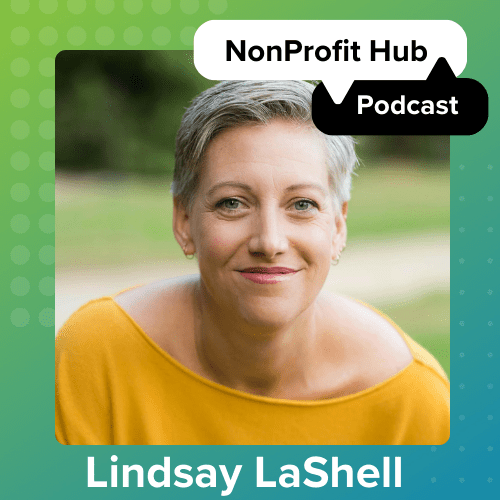If you could turn words into money, you’d probably be writing up a storm.
Jeff Brooks’ How to Turn Your Words Into Money is a book about what fundraising writing should be and also what it’s not.
Brooks tells you exactly what to avoid and what to try in your next attempt to sway your audience. A fair amount is appropriately dedicated to the many ways you can create a compelling story even when you’re stumped.
As Brooks explains in his post, you’ll get a lot of specific fundraising advice and writing tips like:
- Specifically how to ask.
- How to use rhyme to make your message more memorable and persuasive.
- How to tell stories that motivate donors to give.
- How to tell a great story even when you don’t have a story.
- How to meet donors’ emotional needs.
- Whether you should use guilt as a motivator.
- The most common traps for fundraising writers—and how to avoid them.
We asked Brooks about the fundraising profession and how it ties into his advice:
CausePlanet: Jeff, do you think the nonprofit world is shifting to honor your fundraising advice?
Brooks: I’d say a qualified yes. The idea that you’ve got to focus on donors and their needs if you really want to raise funds is widespread. There are few experts left who don’t focus on donors these days, and there’s a ton of great help for being donor focused.
I think there are two dark clouds in our bright, donor-focused sky:
There are still a lot of organizations that are using crappy old techniques. They seem to be caught in a time warp. They’re still eking some kind of success out of it, but in most cases, they’re living on strong legacy brands. They don’t have to reach out to donors because so many donors already believe they’re worth giving to. This can’t go on forever, so these organizations are either going to change or go into financial death spirals in the coming years.
For too many fundraisers, “donor-centered” means “fundraising I like.” Which by definition is not donor-centered. Every day I see examples of modern, slick, intellectual, clever fundraising that’s terribly ineffective–but self-labeled as “donor-centered.”
Those of us who believe in really meeting donors and making them the heroes in our fundraising need to push against both of these shortcomings!
In spite of all the attention new fundraising strategies attract, raising money via the written word is still one of the most effective strategies you wield as a nonprofit. In fact, your messages are now played out in more ways than we ever dreamed.
It’s never been more pressing to get a handle on your writing style and how it triggers a donor to give via mail or online. Brooks has a superior track record in this realm and his book shares a bounty of insider knowledge.






